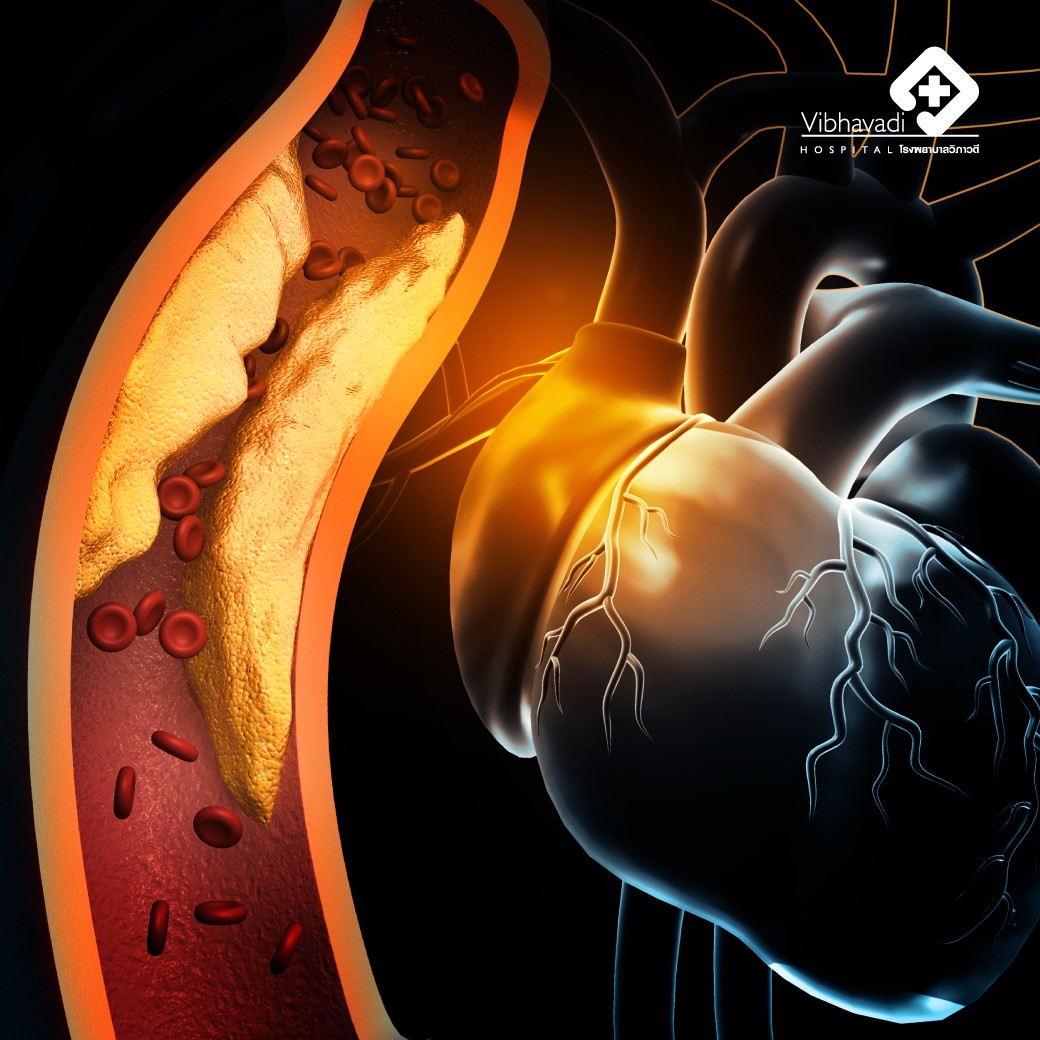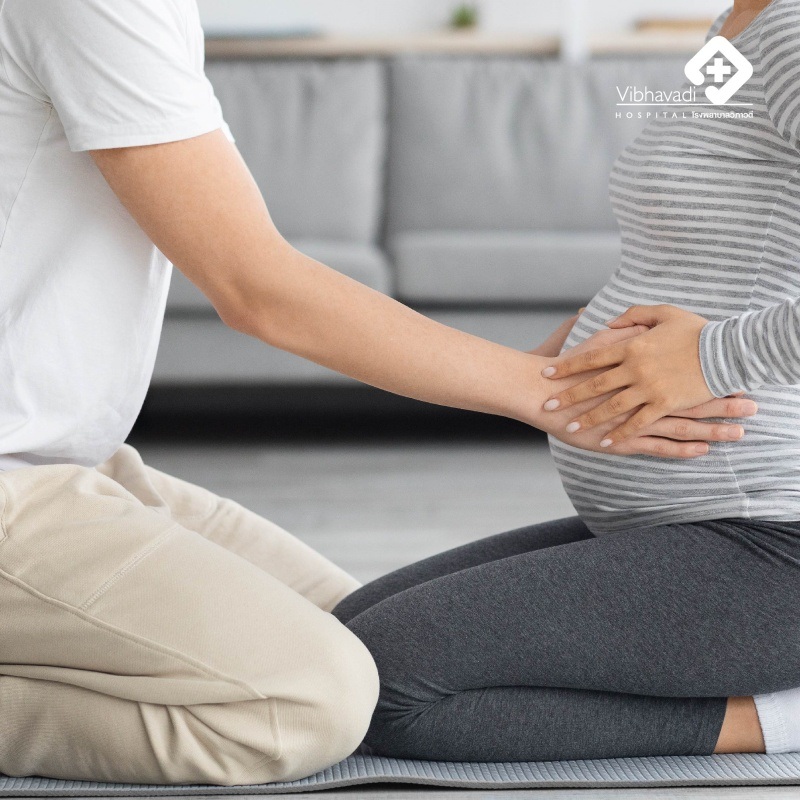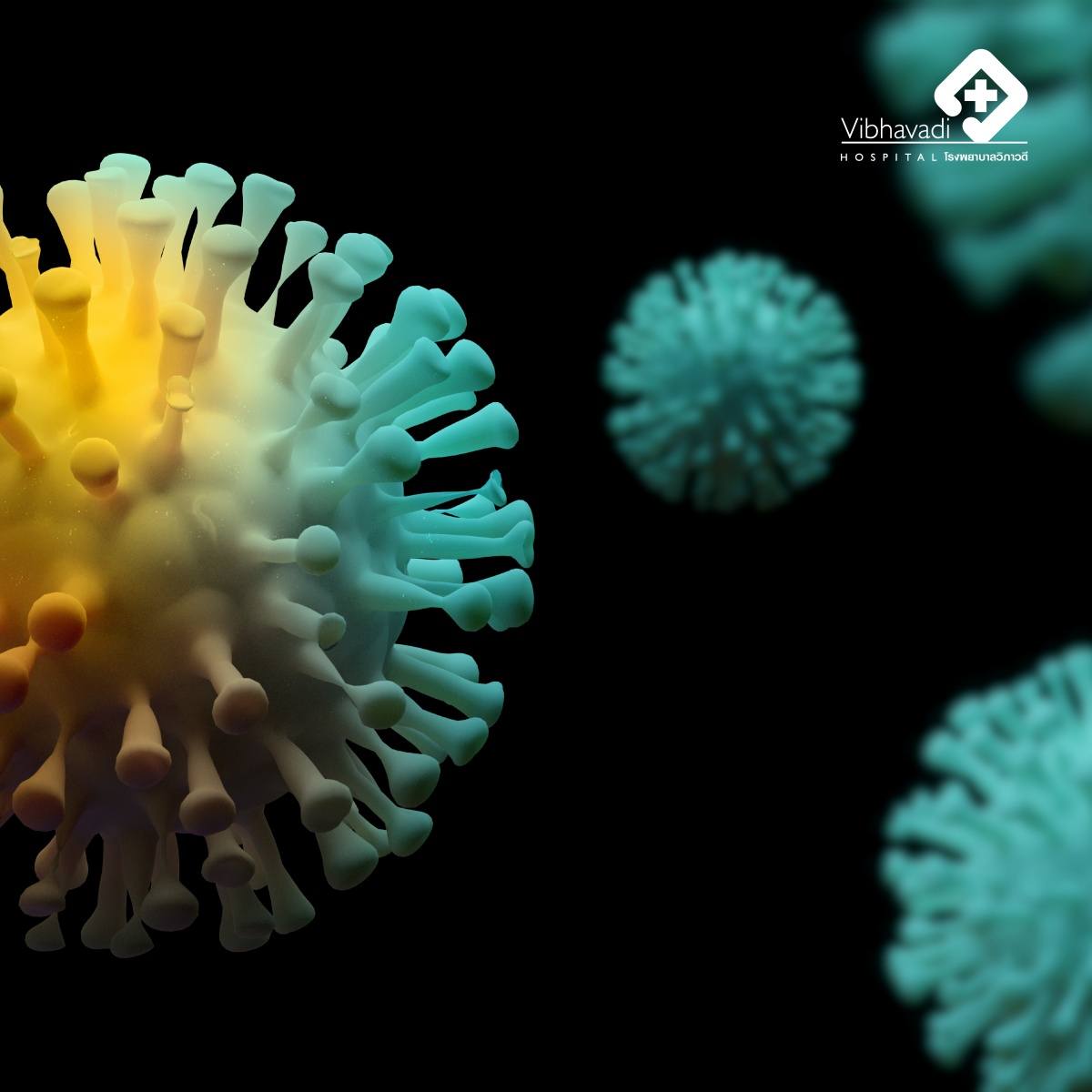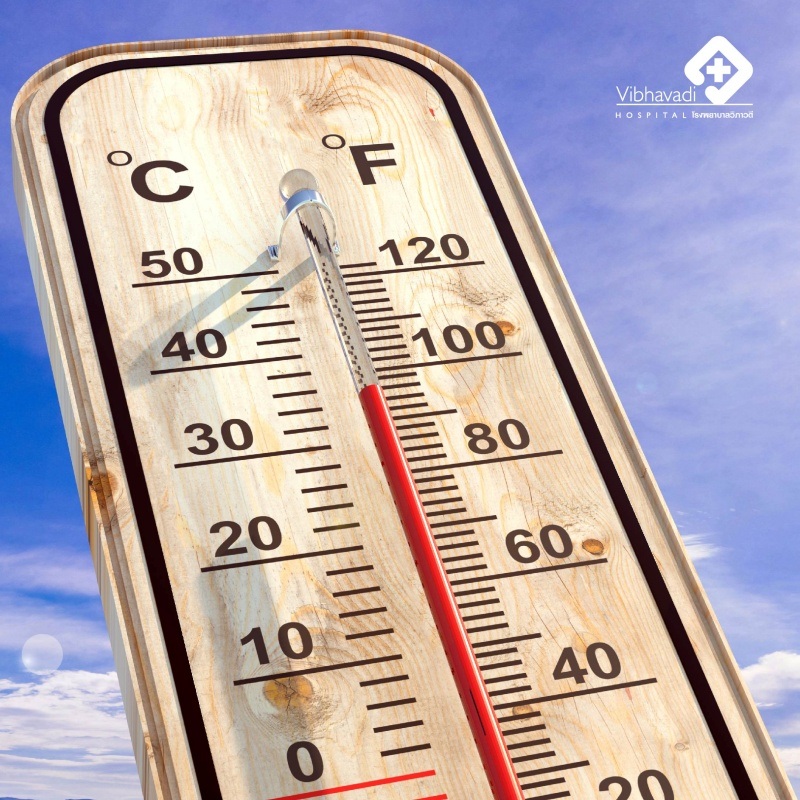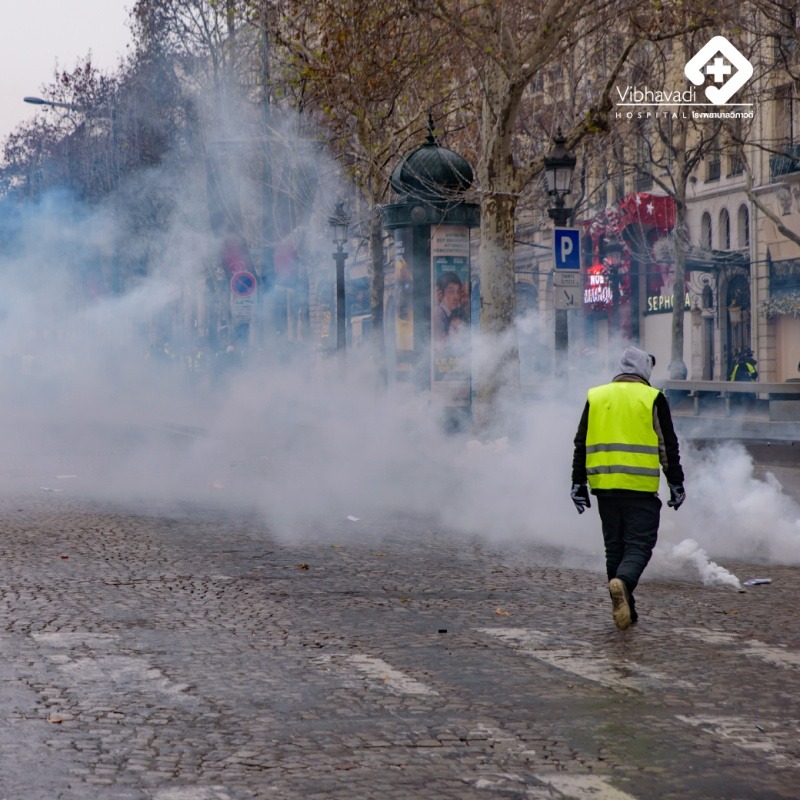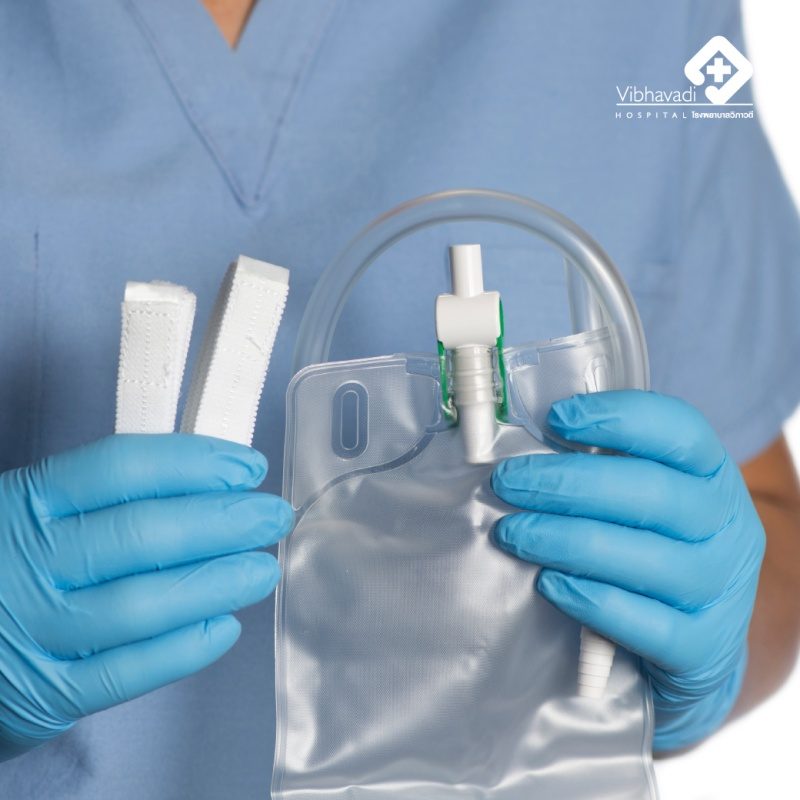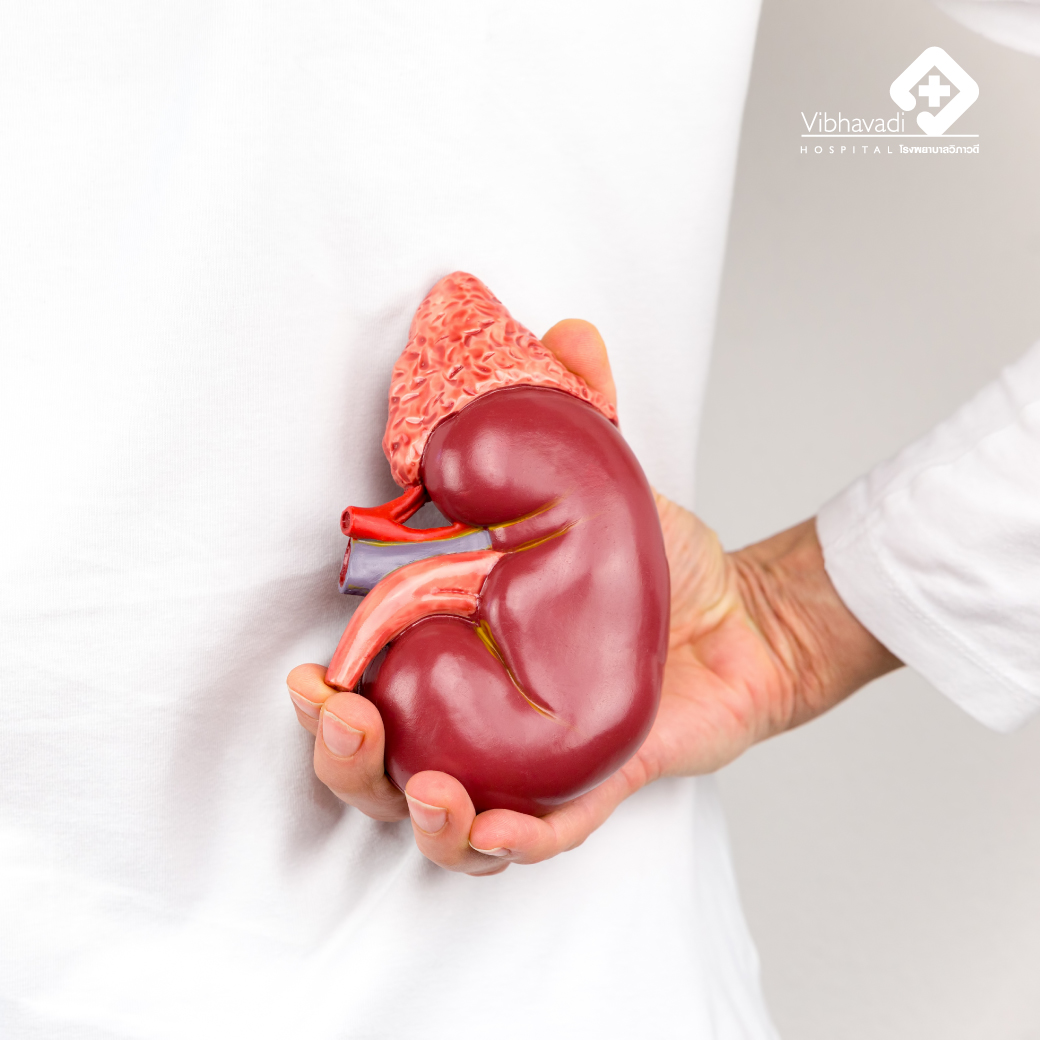Heatstroke – An Illness of Summer
Global warming has become a major concern for everyone as the Earth’s temperature rises every day. As for Thailand, the weather is becoming hotter and hotter every year, which puts the public at risk of various disease and illnesses such as foodborne illnesses caused from consuming contaminated food and water. One illness that is not much talked about but is common during hot weather is "heatstroke".
Symptoms of Heatstroke
Heatstroke is a condition that occurs when the body becomes too hot, causing the core temperature to rise above 40 degrees Celsius. Symptoms typically include fatigue, weakness, loss of appetite, nausea, vomiting, agitation, confusion, headache, low blood pressure, fainting, and increased sensitivity to stimuli. It can also affect the circulatory system, leading to dehydration, seizures, loss of consciousness, liver cell death, rapid breathing, pulmonary edema, irregular heartbeat, muscle breakdown, shock, and fibrin accumulation in small blood vessels, which can cause organ failure and even death if left untreated. The causes of heat stroke can be categorized into two types as follow:
- Classical Heatstroke – occurs when the body is exposed to excessive heat from the environment, usually during hot weather or heat waves. It is more common in older individuals and those with chronic illnesses and is often related to central nervous system abnormalities. The key symptom is a high body temperature with absence of sweating. It can occur mostly when individuals are in enclosed spaces with poor ventilation during the heat waves.
- Exertional Heatstroke - caused by excessive and strenuous exercise, which often occurs during hot weather, especially among laborers and athletes. The symptoms are similar to classical heat stroke, but the difference is that this type of patients will have excessive sweating at first, before they stop sweating. Additionally, there may also be muscle breakdown with possible complications such as high blood potassium, high blood phosphate, low blood calcium, and presence of myoglobin in urine. This can lead to acute kidney failure, loss of consciousness, and severe bleeding from all organs.
High Risk Group
Individuals at risk of developing heatstroke include soldiers who undergo training without proper physical conditioning for hot weather conditions, as well as amateur athletes, workers in hot and humid environments, the elderly, bedridden individuals, heavy drinkers, as well as people with high blood pressure.
Signs and Symptoms
The main symptoms of heatstroke include a lack of sweat, progressively increasing body temperature, excessive thirst, dizziness, headache, confusion, nausea, rapid breathing, and vomiting. These symptoms are different from those of typical heat exhaustion. If such symptoms occur, immediate rest is necessary.
If you encounter someone with heatstroke, you can provide basic assistance by:
• Moving the person into the shade, laying them down, raising both legs, and removing their clothing.
• Applying a damp, cool cloth or ice pack to their forehead, neck, armpits, joints, and the soles of their feet, along with using a fan, misting with water, and providing ventilation to help cool them down.
• Pouring cold water on them to help reduce their body temperature as quickly as possible, and before quickly transporting them to the hospital.
Prevention
- If you know you'll have to work in hot weather, you should prepare by regularly exercising outdoors at least three times a week for at least 30 minutes, over a period of two weeks (Heat Acclimatization) to acclimate your body to the hot weather.
- Before leaving home on hot days, drink 1-2 glasses of water and if you have to work or exercise in hot weather, drink 1 liter of water per hour, even if you don't feel thirsty.
- Wear light-colored, lightweight, and breathable clothing.
- Apply sunscreen with SPF15 or higher.
- Avoid being in the sun and avoid exercising in hot weather. Drink plenty of water during exercise.
- Avoid taking allergy or cold medication, especially before exercising or long exposure in hot weather.
- Avoid alcohol and narcotic-containing beverages.
- Small children and elderly should be in a well-ventilated room and not to be left alone in a closed car.
Best wishes from Vibhavadi Hospital




